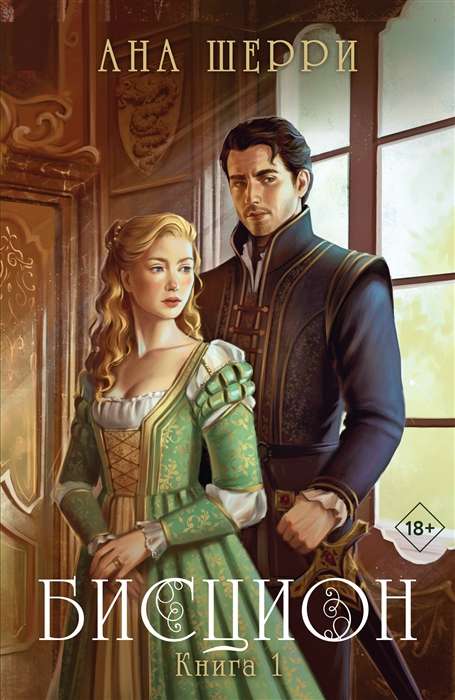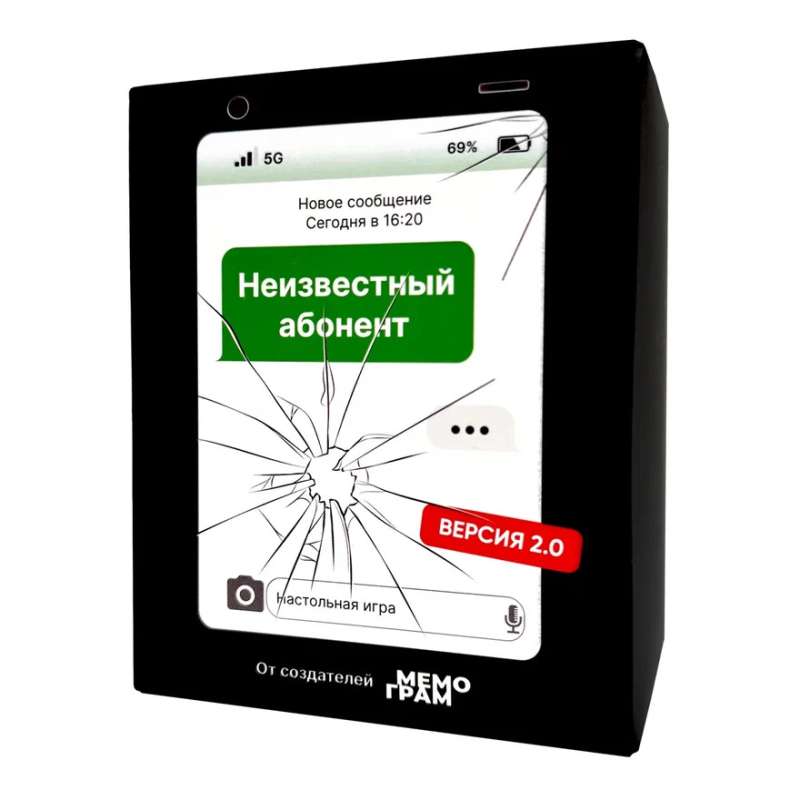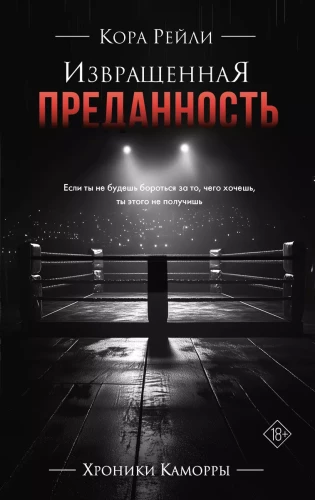Poems of Classic Poets of the 19th-20th Centuries
The 19th century was the golden age of Russian poetry, its flowering. This era gifted the world with the wonderful works of A.S. Pushkin and M.Y. Lermontov. And although, as the well-known critic of that time V.G. Belinsky said, after... Pushkin and Lermontov it is difficult to be not only remarkable but also any poet, Russian classical poetry nevertheless evolved. In the second half of the 19th century, poets were conditionally divided into poets of pure art, who developed romantic traditions, and poets of civil lyricism, who developed the realist tradition. The main criterion for this division was the understanding of the poet's and poetry's purpose. The aim of civil poetry was to remind the crowd that the people were suffering, as N.A. Nekrasov said. Poets of pure art turned away from reality, mostly addressing eternal philosophical, universal themes. They believed that art should be independent of power and the people, and that its goal is to create a beautiful poetic world. Poets of pure art included F.I. Tyutchev, A.A. Fet, A.N. Maikov, A.K. Tolstoy. Despite their disagreements, poets of different directions were united by the service to the ideals of beauty and truth, goodness, and love for the Motherland. No poet of pure art denied the ideas of justice, while poets of civil lyricism reflected the subtlest movements of the soul of the lyrical hero in their works, which seemed to be uncharacteristic for them. The works of Russian lyric poets of the second half of the 19th century are marked by amazing musicality; many of them became romances that are still popular today. As M.E. Saltykov-Shchedrin noted, the romances of A.A. Fet are sung by almost all of Russia. But these words can also be attributed to the works of A.S. Pushkin, M.Y. Lermontov, A.N. Blescheyev, F.I. Tyutchev. The revolutions of the early 20th century and World War I had a significant impact on the fate of an entire generation, on people's worldview, and this undoubtedly reflected in the literature of the Silver Age. However, the love for the Motherland and the celebration of the beauty of the native land remain some of the main themes in the works of poets of the early 20th century such as S. Yesenin, A. Blok, Sasha Chyorny, and others. For younger school age.
Author: Феникс
Series: School Reading Program
Age restrictions: 0+
Year of publication: 2022
ISBN: 9785222381120
Number of pages: 63
Size: 60*90/16 mm
Cover type: Мягкая обложка
ID: 1264960
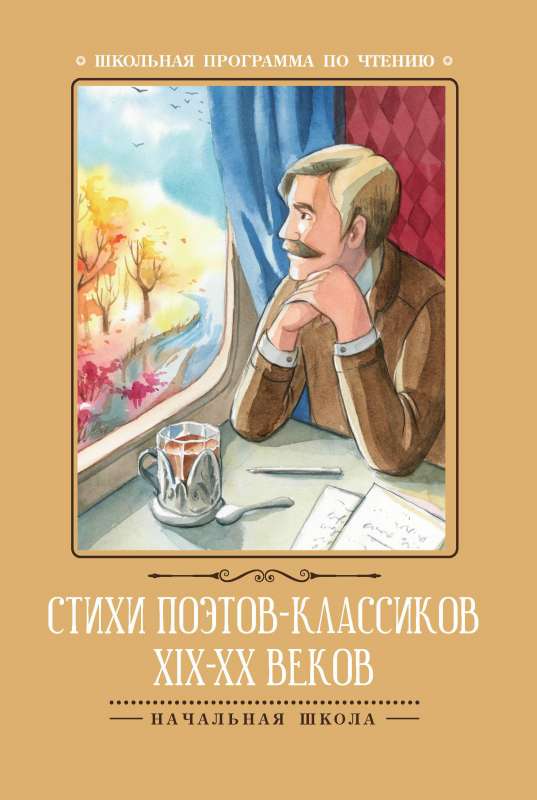
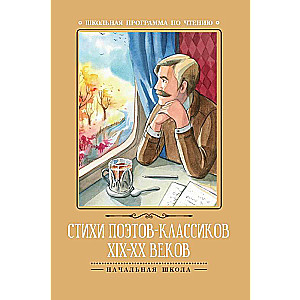
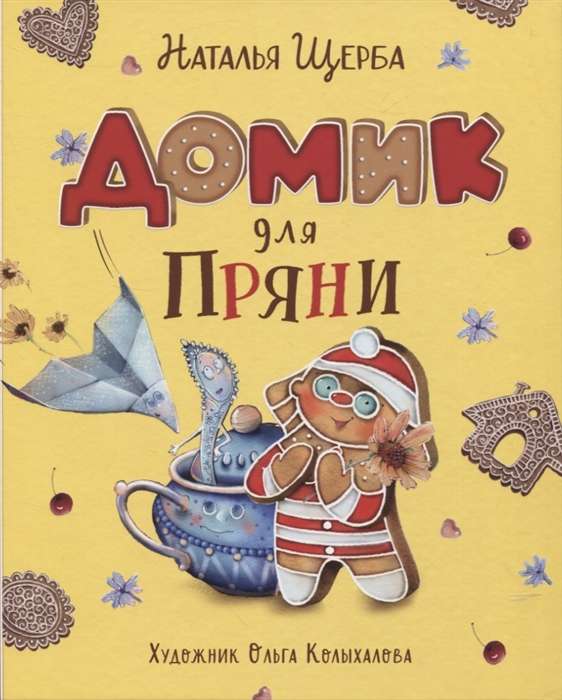
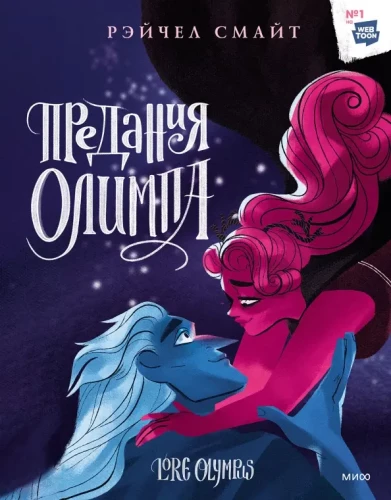
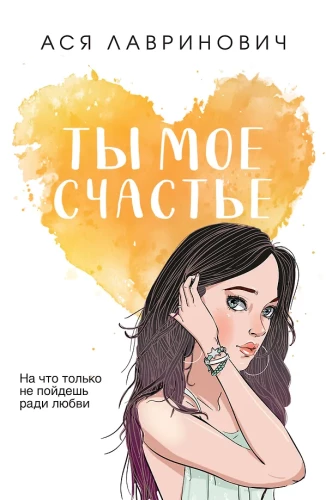
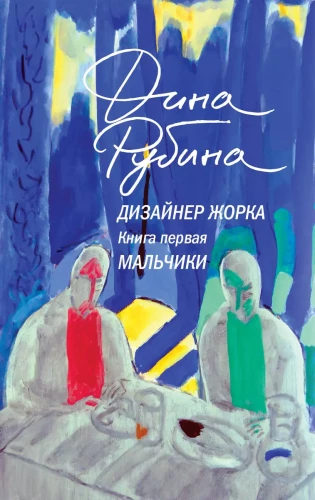
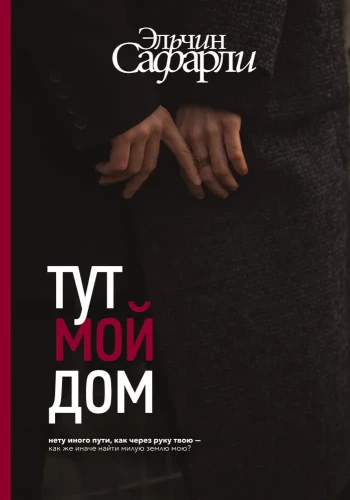

-medium.webp)
